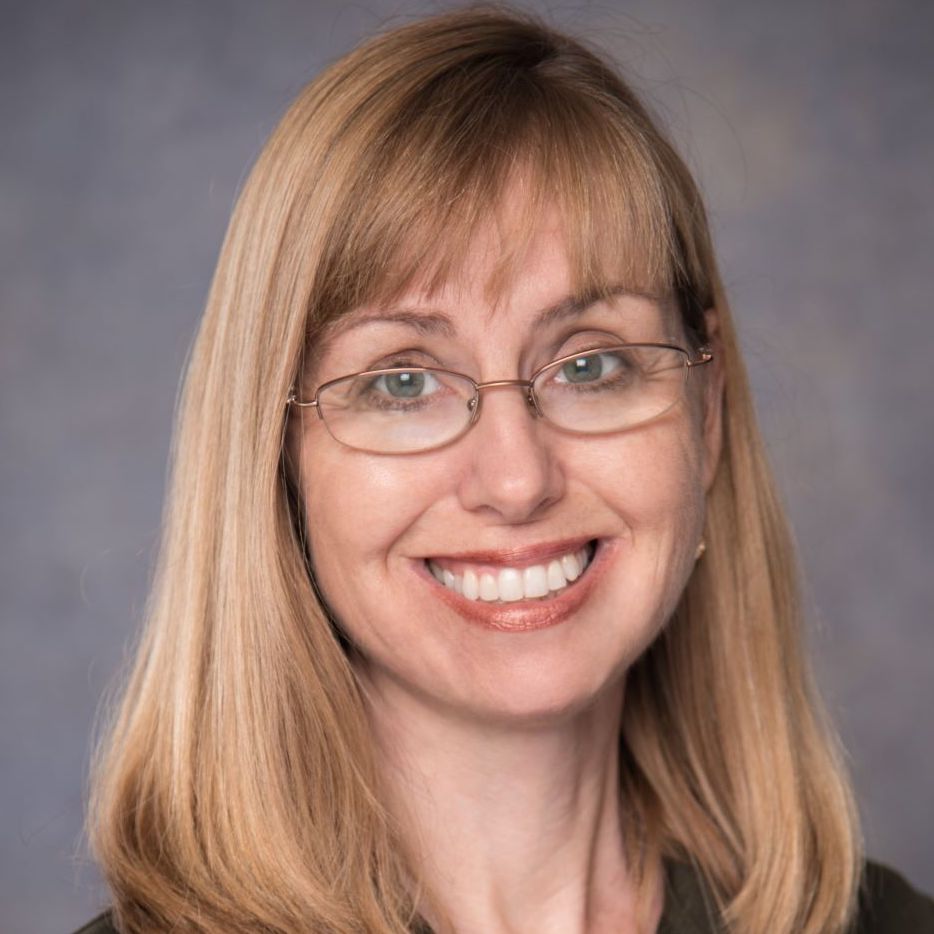For your professional ethics edification in February

For February 2023, Rev. Misti Johnson-Arce, ACPE Certified Educator, BCC, Baptist Health South Florida, Boca Raton, FL comments:
Eboo Patel is a Muslim author and speaker of Indian heritage. He is also the founder and president of Interfaith America, an international nonprofit organization that promotes interfaith cooperation. He speaks of how people from various religious traditions and cultural backgrounds need to build bridges to increase understanding of one another and to promote peace in our lives, our community, and our diverse world. He said, “Religious pluralism is neither mere coexistence nor forced consensus. It is a form of proactive cooperation that affirms the identity of the constituent communities while emphasizing that the well-being of each and all depends on the health of the whole. It is the belief that the common good is best served when each community has a chance to make its unique contribution.” "Where Islam and America Meet" from 30goodminutes.org. May, 13, 2014. (Patel, 2014). Patel speaks to the importance of respecting religious diversity by referring to his favorite quote in the Qu’ran - Surah 49:13, which says that “God made us different nations and tribes that we may come to know one another, in the sense that diversity is holy and it was created by God. What we humans are meant to do with that diversity is engage in positive interaction with each other and come to know one another because knowledge is holy and pluralism or positive engagement is holy.”
I think his words speak to what Standard 1d means. We are called as Educators, Psychoanalysts, and Interfaith Chaplains to respect religious differences and create safe and holy spaces for people’s beliefs to be expressed, pondered, developed, and reshaped for good. This promotes the integration of ministry with care and helps us better understand how our students respond to tension, anxiety, and trauma and how patients, their families, and staff members make decisions related to healthcare, life cycle events, and grief and loss. We are never to impose a particular belief system onto others. Chaplaincy is a humble position because we are asking each person we encounter to help us understand what is important to him/her and tailoring our approach to meet their educational, emotional, or spiritual needs. We are not the imparter of all knowledge but the one who joins alongside to empower and equip.
As members of ACPE, we are asked to respect the religious convictions of others. In a sense, this creates an approach that we impart onto others: “My way is not the only way – it is just one way.” While it is true that differences can create tension and discomfort, they can also promote growth and needed change. To facilitate this philosophy, I have designed our program curriculum to include reading materials and guest speakers that come from other religions and invite students to look for things in other faith traditions that speak to them or to find some commonalities that help build bridges. In addition, I have found that one of the benefits of the group process is to expose students to a variety of opinions, experiences, and styles from an assortment of people. These approaches open the door to highlighting differences that help us be respectful and more sensitive to what might be important for the person/s in our care. When people feel respected and space is created for differences, trust is built.
Standard 1e speaks to the need to uphold confidentiality for our students and those we serve, with necessary exceptions to disclose information to prevent harm to self or others. For students to trust their Educator/s and the mentors around them, they need to feel our investment in their well-being and believe that they can share things with us knowing that we will hold them with respect and discretion. No learning environment is safe for students if they believe their vulnerable information and learning edges will be revealed outside their training circle. We cannot effectively teach others about the value of holding boundaries if we do not model them ourselves.
Standard 1f requires that we follow established guidelines concerning research involving human subjects. In my perspective, this guideline also compels us to remember our history and learn from it. I’m referring to medical research in our past that has severely hindered healthcare teams’ abilities to build trust with certain races of people. The Tuskegee syphilis experiment with African American men conducted between 1932 and 1972 comes to mind. It caused hundreds of deaths (at minimum) that were avoidable. Truth-telling was not part of the study, to say the least. Another case in history that reminds us of the value of Standard 1f is Henrietta Lacks’ story. She was an African-American woman whose cervical cancer cells are “the source of the “HeLa cell line,” which “revolutionized medical research.” This research helped develop the polio vaccine, and scientists cloned the cells in 1955 to create many other studies that have led to medical breakthroughs. Sadly, Ms. Lacks’ permission to secure the cells was not sought, nor was she or her family paid for the gift her cells became to the world. https://www.biography.com/scientist/henrietta-lacks March 3, 2021. For the safety, well-being, and trust developed with our students and patients, we must always ask permission before conducting research involving them and give credit for the work done by others. Moreover, it is imperative that we work with a “recognized institutional review board” to give oversight and ensure that ethical practices are maintained, accountability is executed, and unnecessary research is not conducted.
